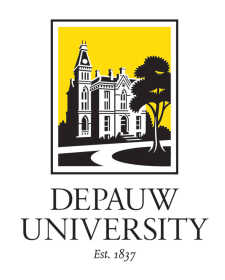Compton Lecture to feature Mayer, Font-Guzmán

The Peace and Conflict Studies (PACS) program at DePauw University will welcome scholar-activists Bernie Mayer and Jackie Font-Guzmán to DePauw University for this year’s Compton Lecture on Thursday, March 9.
Mayer and Font-Guzmán will discuss their decades-long commitment to social justice education, activism and conflict resolution. The lecture begins at 6:30 p.m. in Olin Auditorium. The title of their talk is “Disrupting and Connecting for Social Change.”
The event is free and open to the public. The Compton Lecture Series is supported by the Wright Peace & Conflict fund.
Jacqueline “Jackie” N. Font-Guzmán serves as the inaugural vice president for diversity, equity and inclusion at Eastern Mennonite University. She is also a tenured professor of conflict and peacebuilding and strategic visioning director for the Center for Justice and Peacebuilding.
Her professional work and activism has been centered around advocating for those who are easily forgotten — the poor, the marginalized and the stigmatized.
Bernie Mayer has provided conflict intervention services for families, schools, public interest groups, communities, NGOs, unions, corporations and governmental agencies throughout North America and internationally for more than 40 years. He is professor emeritus of Conflict Studies at Creighton University.
As an activist in the early 1960s, he worked on voter registration campaigns in Mississippi. He remains active in anti-war, environmental, civil rights, union, anti-racist and pro-democracy movements.
The Compton Lecture is named in honor of Professor Russell J. Compton (1909-2007), who taught at DePauw from 1951 until 1974, and remained active in the life of the university afterward.
On Feb. 23, 2000, DePauw honored the longtime educator and activist by dedicating the Russell J. Compton Center for Peace and Justice.
Peace and Conflict Studies is an interdisciplinary program that analyzes conflict, peace and social change. Because of its ubiquity and significance in human life, the study of the process and resolution of conflict is increasingly important. PACS goes beyond describing the status quo to ask, “What do we want to change? What do we want to do about the problems we face now?”
